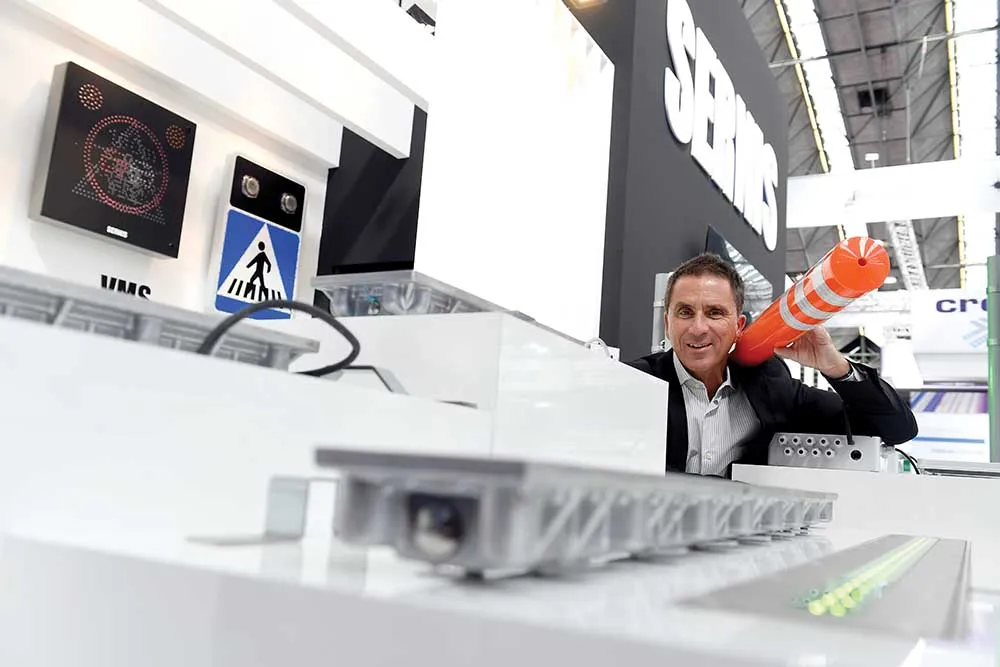Rennicks UK has achieved full Department for Transport (DfT) Type Approval for their SR-15 active road studs, which use LED and solar technology to create highly effective highway delineation said to be far more effective than traditional retro-reflective studs.
The DfT authorisation, which follows a year-long trial, is likely to have far-reaching implications in both Britain and further afield, opening the door for local authorities and management contractors searching for cost-effective and sustainable
March 31, 2014
Read time: 2 mins
Rennicks UK has achieved full 1837 Department for Transport (DfT) Type Approval for their SR-15 active road studs, which use LED and solar technology to create highly effective highway delineation said to be far more effective than traditional retro-reflective studs.
The DfT authorisation, which follows a year-long trial, is likely to have far-reaching implications in both Britain and further afield, opening the door for local authorities and management contractors searching for cost-effective and sustainable ways to improve current delineation methods.
LED active road studs have been shown to enhance safety and be a more sustainable and economical method of delineation during night-time hours or inclement weather conditions. The self-contained solar cells are charged by sunlight, require no maintenance at all and are made from 100 per cent polycarbonate, which stood up to 33,000 vehicles per day during the trial. The company says they provide the ideal solution as they are proven to be visible at a distance of 1 kilometre, roughly ten times that of a traditional retroreflective stud.
John Swift, of Rennicks UK, hailed news of the approval as ‘hugely significant’ for the industry, saying that it gives authorities and contractors the assurance that the studs will meet all of the requirements laid down by the DfT.
“We are the first company in Europe to have a product tested to the new draft standard and it’s a massive achievement,” he said.
The DfT authorisation, which follows a year-long trial, is likely to have far-reaching implications in both Britain and further afield, opening the door for local authorities and management contractors searching for cost-effective and sustainable ways to improve current delineation methods.
LED active road studs have been shown to enhance safety and be a more sustainable and economical method of delineation during night-time hours or inclement weather conditions. The self-contained solar cells are charged by sunlight, require no maintenance at all and are made from 100 per cent polycarbonate, which stood up to 33,000 vehicles per day during the trial. The company says they provide the ideal solution as they are proven to be visible at a distance of 1 kilometre, roughly ten times that of a traditional retroreflective stud.
John Swift, of Rennicks UK, hailed news of the approval as ‘hugely significant’ for the industry, saying that it gives authorities and contractors the assurance that the studs will meet all of the requirements laid down by the DfT.
“We are the first company in Europe to have a product tested to the new draft standard and it’s a massive achievement,” he said.








